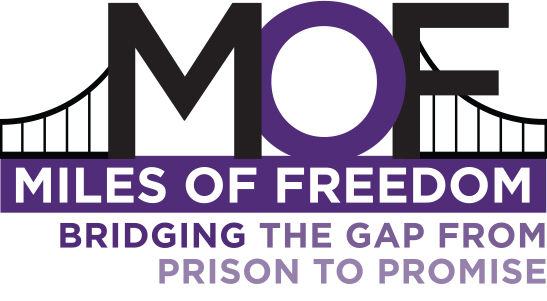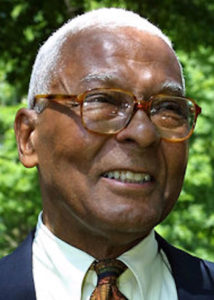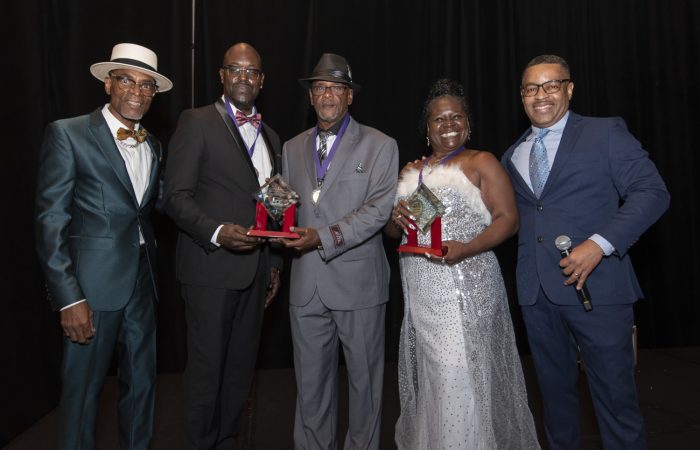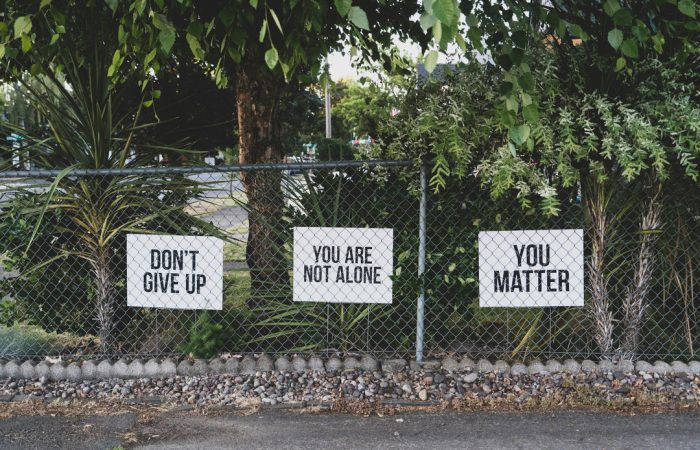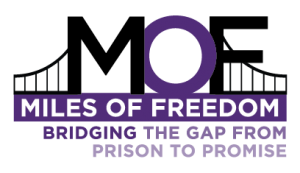The Honorable Bruce M. Wright: Championing Fairness in a System Skewed by Bias
Think of the American criminal justice system as a complicated computer program. It takes in information (inputs) and produces results (outputs). But here’s the problem: this system isn’t always fair. For people of color, there’s a built-in bias that often leads to unfair outcomes.
In the 1970s, during a time of big social changes, there was a judge who stood out from the crowd: Bruce M. Wright.
Early Life:
Born in 1918 in New York City, Bruce M. Wright grew up in the midst of the Great Depression (1929- 1939), witnessing firsthand the social and economic inequalities that plagued his community. Wright went on to attend Virginia State University in 1936. After being expelled for his newspaper article “Religion Weak” as a pun for “Religion Week”, Wright promptly applied for Princeton University and received a scholarship. Unfortunately for Wright, he was discouraged from attending the university by the Dean once it was discovered he was Black, as they had no Black students attending. He went on to attend Lincoln University to study law and graduated in 1942.
After graduating college, Bruce Wright decided to enlist in the US Army during World War II. Wright received numerous medals for acts of valor during World War II, notably the Purple Heart with Oak Leaf Cluster and the Bronze Star with Oak Leaf Cluster. He concluded his military service in 1946. His drive for knowledge never swayed and he abruptly applied and enrolled at New York University to continue studying law. Wright eventually passed the bar in 1950, finally becoming a lawyer.
Challenging the Status Quo:
Wright was appointed to New York City’s criminal court in 1970, becoming one of the first Black judges in New York. Judge Wright didn’t simply preside over cases; he questioned the system itself. He saw the disproportionate impact of high bail on poor and minority communities, effectively locking them in pre-trial detention despite their innocence. His solution? Setting bail that was realistic for the civilians. Wright’s decisions weren’t universally popular. They ignited debates, challenged power structures, and exposed the inherent inequalities within the system. This wasn’t mere legal technicality; it was a calculated pushback against systemic bias.
Wright’s influence extended beyond bail reform. He advocated for rehabilitation programs, championed community-based alternatives to incarceration, and condemned racial profiling. While facing criticism, he remained undeterred, upholding his principles of fairness and equal justice. His writings, including “Black Robes, White Justice,” shed light on the lived experiences of Black people navigating the legal system.
Impactful Decisions, Rippling Effects:
Appointed to the New York Supreme Court in 1982, Wright made history as one of the first Black judges to ascend to such a prestigious position. His appointment marked a significant milestone in the quest for diversity and representation within the judiciary, paving the way for future generations of minority jurists to follow in his footsteps.
His courtroom demeanor was marked by fairness, impartiality, and a steadfast commitment to upholding the rule of law. Regardless of a defendant’s background or social standing, Wright ensured that each individual received a fair and impartial trial, free from prejudice or bias. In landmark cases involving issues of racial discrimination, police misconduct, and prison reform, Wright fearlessly confronted systemic injustices and fought tirelessly to uphold the rights and dignity of all individuals who entered his courtroom. Wright eventually retired in 1994.
Impact on Justice:
In addition to his judicial duties, Wright was also a prolific author and lecturer, using his platform to educate and inspire others to join the fight for justice. His life and work offer valuable lessons for those striving to create a truly just and unbiased criminal justice system. His story is a testament to the power of one person to disrupt the status quo and fight for a better tomorrow. His courageous stance against injustice continues to inspire activists, lawyers, and policymakers to push for systemic changes that prioritize fairness and equality.
Call-to-Action:
Are you passionate about justice, equality, and human rights? Do you believe that everyone deserves a fair chance at redemption and rehabilitation, regardless of their past mistakes? If so, then we invite you to join us in the fight for prison reform.
By investing in prison reform efforts, you can help us make a tangible difference in the lives of countless individuals impacted by the criminal justice system. Your support will enable us to:
- Advocate for legislative and policy changes that promote fairness, transparency, and accountability within the prison system.
- Provide resources and support for programs aimed at rehabilitation, education, and job training for incarcerated individuals.
- Raise awareness and challenge societal perceptions surrounding incarceration, shifting the narrative from punishment to redemption.
- Support initiatives that address the root causes of crime and inequality, including poverty, substance abuse, and mental illness.
To make a donation, visit bit.ly/MOFDonate. For more information about Miles of Freedom, please contact us at 214-290-2337.
References
- https://www.encyclopedia.com/education/news-wires-white-papers-and-books/wright-bruce-mcmarion-1918
- https://www.history.com/topics/great-depression
- https://paw.princeton.edu/article/princeton-portrait-he-became-folk-hero-after-being-shunned
- https://digitalcommons.nyls.edu/service_men_and_women/5/
- https://aaregistry.org/story/bruce-wright-a-literary-judge-on-civil-and-criminal-courts/#:~:text=He%20then%20graduated%20from%20Lincoln,from%20New%20York%20Law%20School.
- https://www.amazon.com/Black-Robes-White-Justice-Wright/dp/0818405236
_______________________________________________________________
My name is Christopher Moorer II; Owner of Make The Healthy Choice. I am an experienced content writer, web designer, graphic designer, and digital marketer that has spent time incarcerated. I hold a degree from the University of North Texas at Dallas in Public Health. I know firsthand the difficulties of trying to rebuild your life after facing such adversity. Find your “Why” and refuse to let your past define you. Instead, use it as motivation to pursue your passions and make a better life for yourself.
